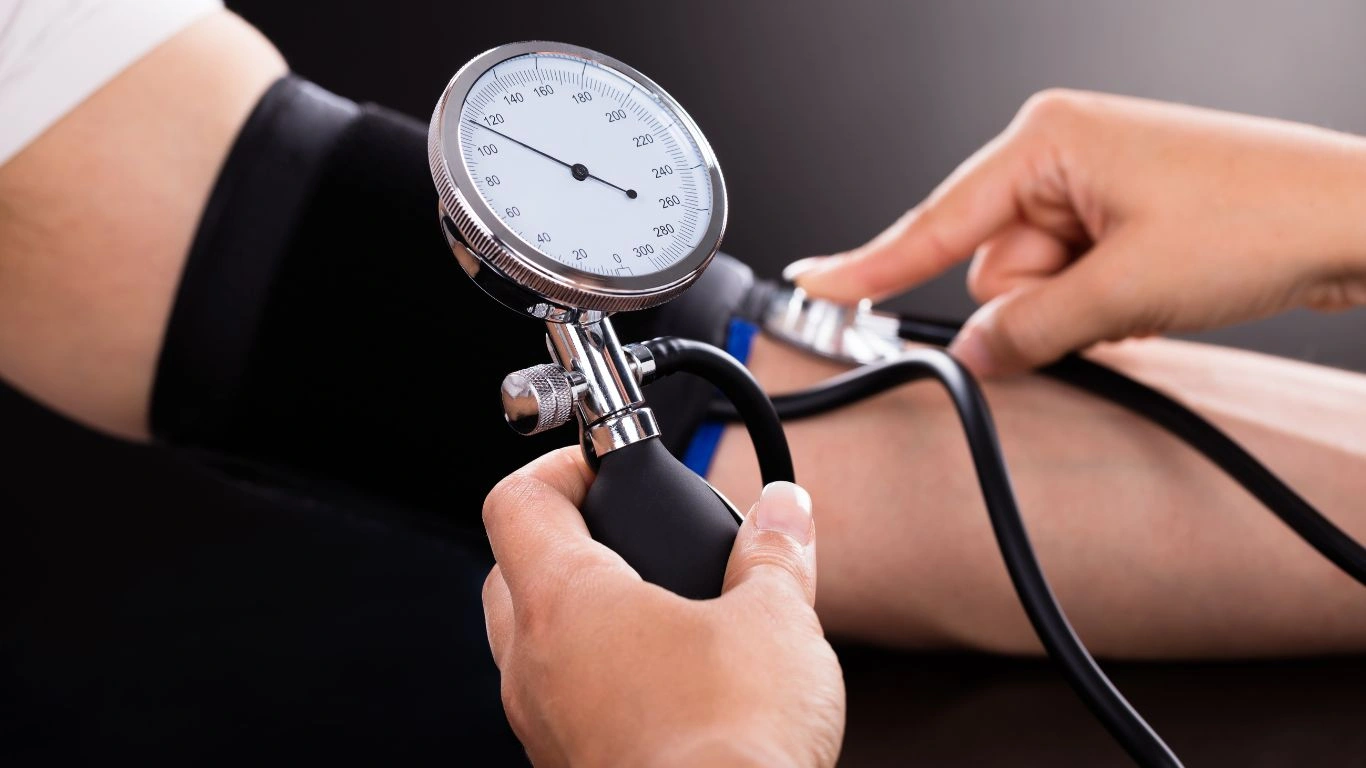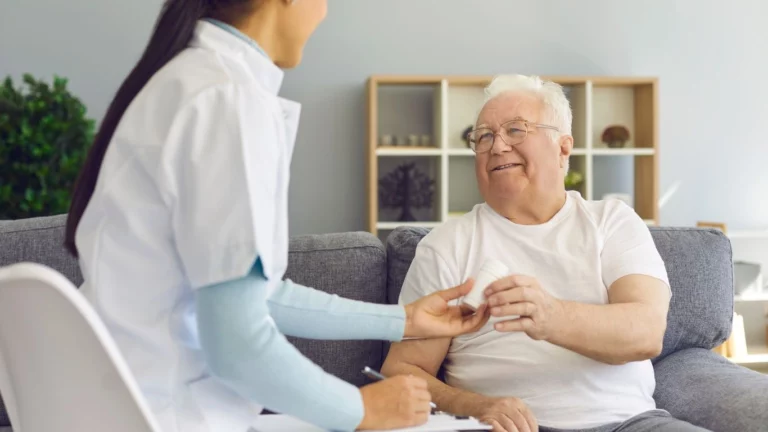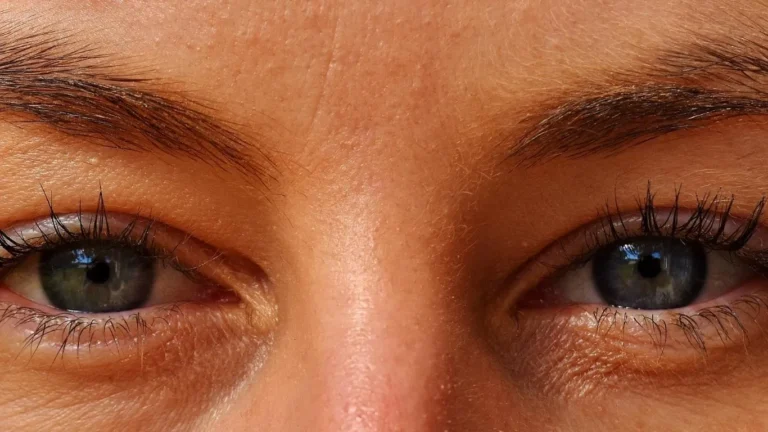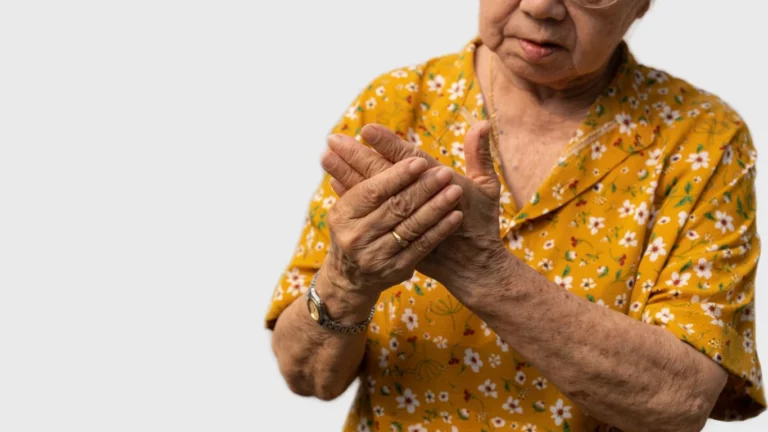Managing Hypertension in Rural Areas: How to Stay on Top of Your Health 💪
Managing Hypertension in Rural Areas: How to Stay on Top of Your Health 💪
Okay, so here’s the deal – hypertension (fancy term for high blood pressure) is a big issue for a lot of people, and if you live in a rural area, managing it can feel like a real struggle. Maybe your closest doctor’s office is miles away, or maybe there aren’t enough resources to keep things in check. But don’t worry, you’ve got options. Let’s talk about how you can manage your blood pressure even if you’re far from the nearest clinic.
Why Is Hypertension a Big Deal Anyway?
In case you need a refresher, hypertension is when your blood pressure is consistently higher than it should be. Over time, this can put you at risk for all sorts of nasty stuff – like heart disease and strokes. The tricky part? Most people don’t even know they have it because it doesn’t come with obvious symptoms. That’s why managing it is so important, and when you live in a rural area, it just adds some extra hurdles.
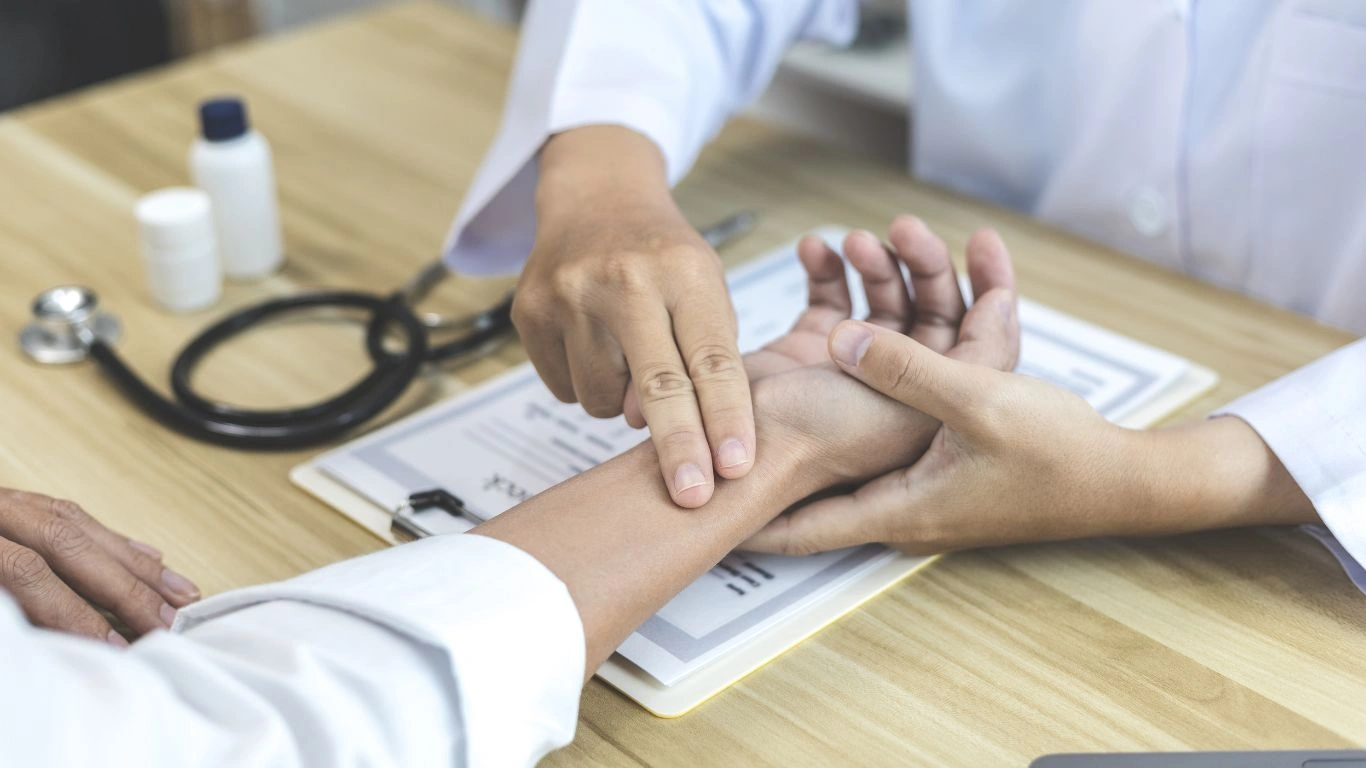
The Struggles of Managing Hypertension When You’re in the Sticks 🚜
Let’s be real, living in a rural area definitely comes with its perks – fresh air, wide open spaces, and peace and quiet. But when it comes to healthcare, it’s not always smooth sailing. Here are a few reasons why managing hypertension can feel like a huge challenge:
- Doctors Are Hard to Come By: If you live out in the middle of nowhere, you’re probably not going to find a doctor just down the street. You might have to drive hours to see a specialist, and that can be a real hassle.
- Lack of Awareness: Not everyone in rural areas has the same access to health education, and sometimes, hypertension is one of those things that people don’t really talk about. That can make it harder for people to know how to stay on top of their health.
- Travel and Costs: Getting to the doctor can be tough. For a lot of rural folks, it means taking time off work and paying for transportation. It can feel like a burden just to make sure your blood pressure is in check.
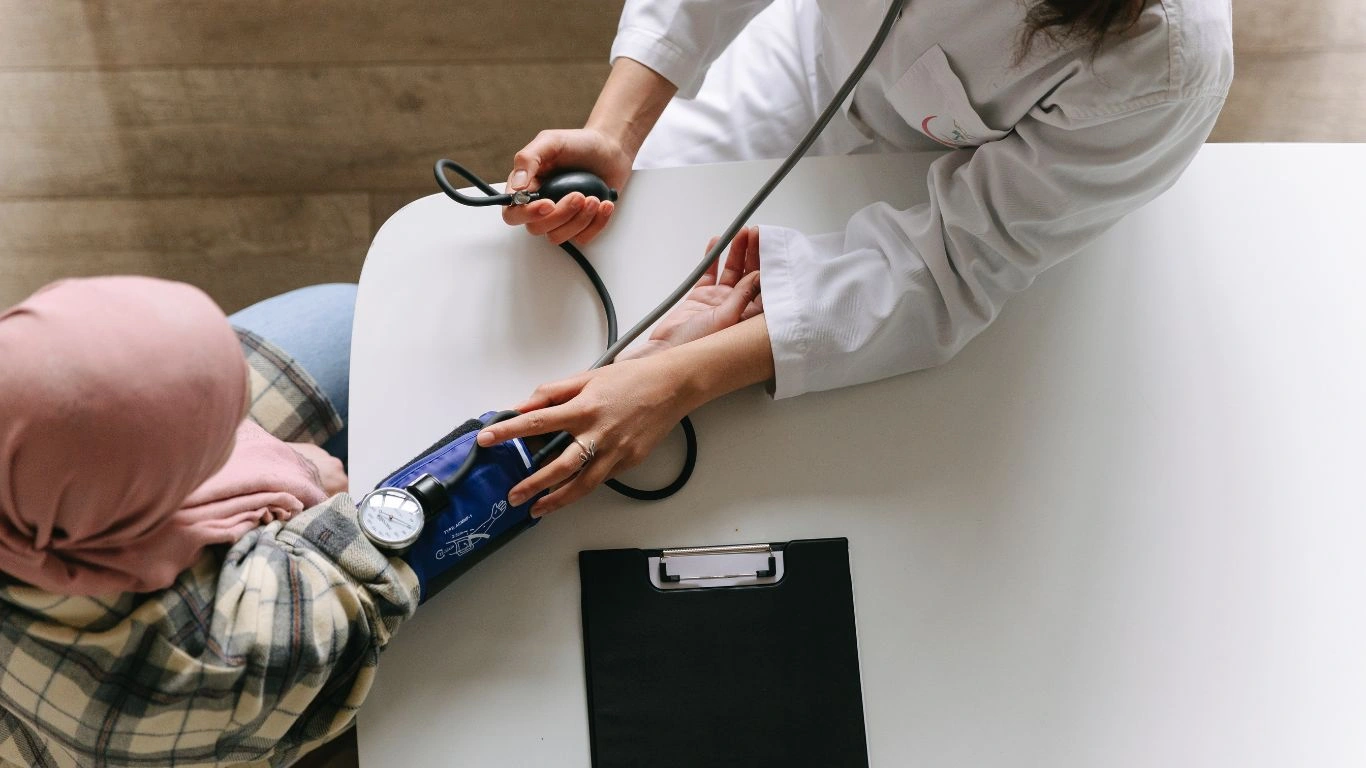
What You Can Do About It – Tips for Staying on Top of Your Health 💡
So, how do you manage all this if you live in a rural area? There are actually some pretty solid ways to handle it, even if you don’t have immediate access to a bunch of healthcare resources.
1. Telehealth Is Your Friend
You don’t always need to go to a clinic in person to check on your blood pressure. Telehealth has made it so much easier to talk to your doctor virtually. Whether it’s a phone call or video chat, you can get advice from your doctor without leaving the comfort of your home.
2. Get Involved in Community Programs
Sometimes, it helps to get a whole group of people together. If your area has health programs or community health days, that’s a great way to get educated about hypertension and other health issues. Plus, they might offer free screenings or advice on how to take care of yourself.
3. Healthy Eating & Exercise
I know, I know, it’s easier said than done – but getting into healthy eating habits and adding some exercise to your routine can make a huge difference. In rural areas, there’s often access to fresh produce, so take advantage of that! And if you can, try joining a local walking group or something to stay active.
4. Simplify Your Medications
If you’ve been prescribed medication, it’s key to stick with it. But I totally get that going to the pharmacy all the time can be a pain. Some pharmacies offer delivery services, or maybe there’s a local health worker who can drop off your meds. Whatever you can do to make it easier, it’ll be worth it!
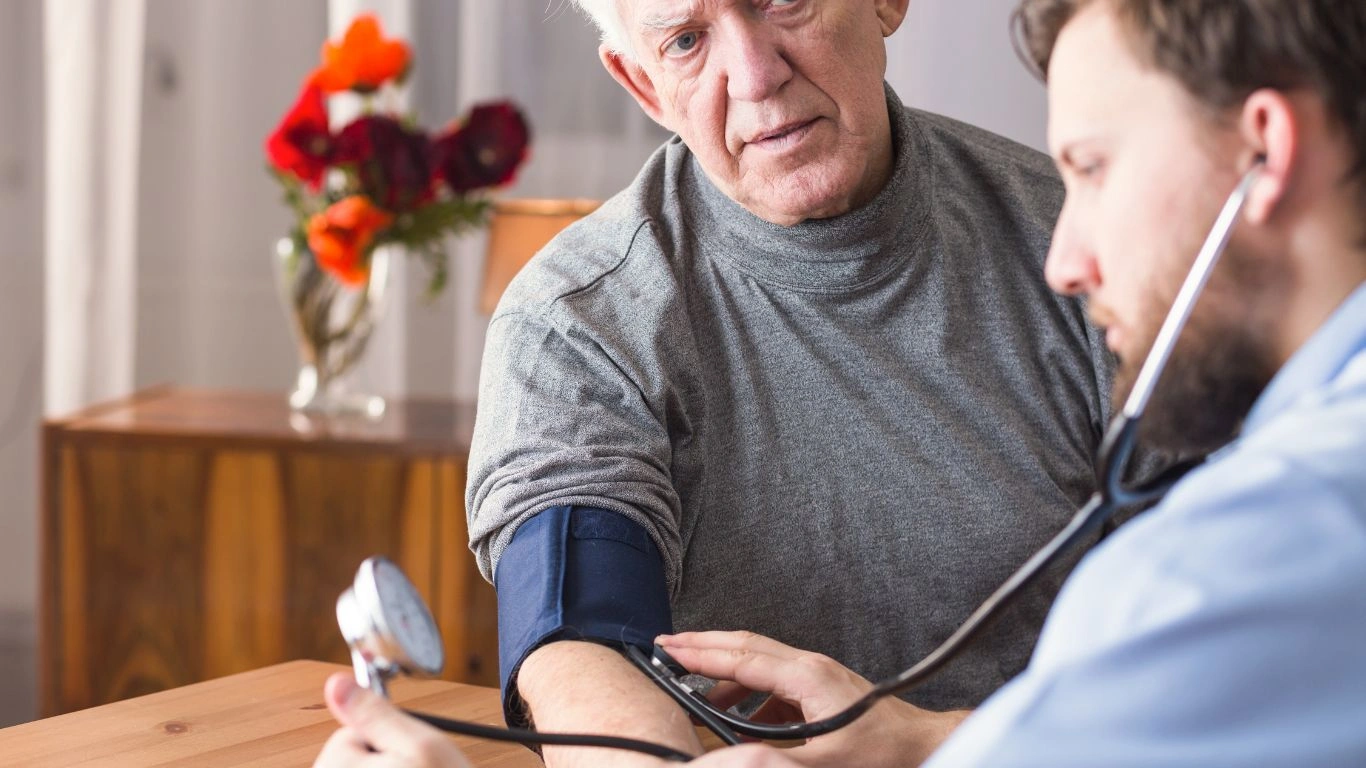
Troubleshooting Common Issues 🛠️
No Easy Access to Medical Care
If driving to the doctor is a big deal, try asking about telehealth options. Not everywhere offers this, but it’s worth asking. Also, check if there’s a local mobile health unit that swings by your area every once in a while.
Not Enough Info
If there’s a lack of awareness around hypertension in your community, try hosting a small get-together to spread the word. Get local clinics or health workers involved, and maybe offer some free blood pressure checks. People are more likely to get involved if it’s nearby and convenient.
Cultural Resistance to Taking Medication
Sometimes, people might not be super keen on taking meds, especially if they’re not familiar with them. But building trust with healthcare providers and having open conversations about why taking the meds is important can help. Maybe even getting advice from a local community leader can make a difference.
Case Studies / Success Stories 🏆
Telemedicine Saves the Day
One community in a rural Midwest town had serious trouble managing hypertension because most people lived far from the nearest doctor. But once they started using telehealth for consultations, things got much easier. Patients could check in from home, and doctors could monitor their blood pressure with at-home devices. After about six months, blood pressure levels in the community started improving!
Local Health Program in Africa
In a small village in Africa, a local health worker started a community program to teach people about hypertension and how to manage it. They did everything from cooking classes to group walks. Within two years, the number of hypertension cases dropped significantly, and the village became a model for other rural areas.
Key Takeaways 💬
Here’s the bottom line:
- Access is tough, but telehealth and mobile clinics are helping bridge the gap.
- Education is key – the more people know about hypertension, the easier it is to manage.
- Lifestyle changes like healthy eating and exercise make a huge difference in lowering blood pressure.
- Medication adherence is critical – find ways to make it as easy as possible to stay on track.
If we combine all these strategies, rural communities can start to see some real improvements.
FAQs 🤔
Q: Can I manage hypertension without going to a doctor all the time?
Yep! Telehealth is a game changer. You don’t need to make frequent trips to the doctor when you can do virtual check-ins.
Q: What if I can’t afford medication?
Some programs help people who can’t afford their meds, so don’t be afraid to ask your doctor or local pharmacy about assistance programs. They might have resources available.
Q: Is lifestyle change really enough?
For some people, yes! But for others, a combination of lifestyle changes and medication is needed. Talk to your doctor to figure out what works best for you.
References 📚
- World Health Organization. (2023). Hypertension management in rural communities.
- American Heart Association. (2024). Telehealth and hypertension care.
- Rural Health Information Hub. (2025). Addressing hypertension in rural areas.
Disclaimer 🚨
This post is just a guide to help you think about managing hypertension in rural areas. Always talk to a healthcare professional for advice tailored to your situation.
Call to Action 🚀
If you’re in a rural area and struggling to manage your blood pressure, take action today! Start by checking out telehealth options or look into local community health programs. Your health is too important to put off – make a move and take control today!


Dr. Gwenna Aazee is a board-certified Internal Medicine Physician with a special focus on hypertension management, chronic disease prevention, and patient education. With years of experience in both clinical practice and medical writing, she’s passionate about turning evidence-based medicine into accessible, actionable advice. Through her work at Healthusias.com, Dr. Aazee empowers readers to take charge of their health with confidence and clarity. Off the clock, she enjoys deep dives into nutrition research, long walks with her rescue pup, and simplifying medical jargon one article at a time.

